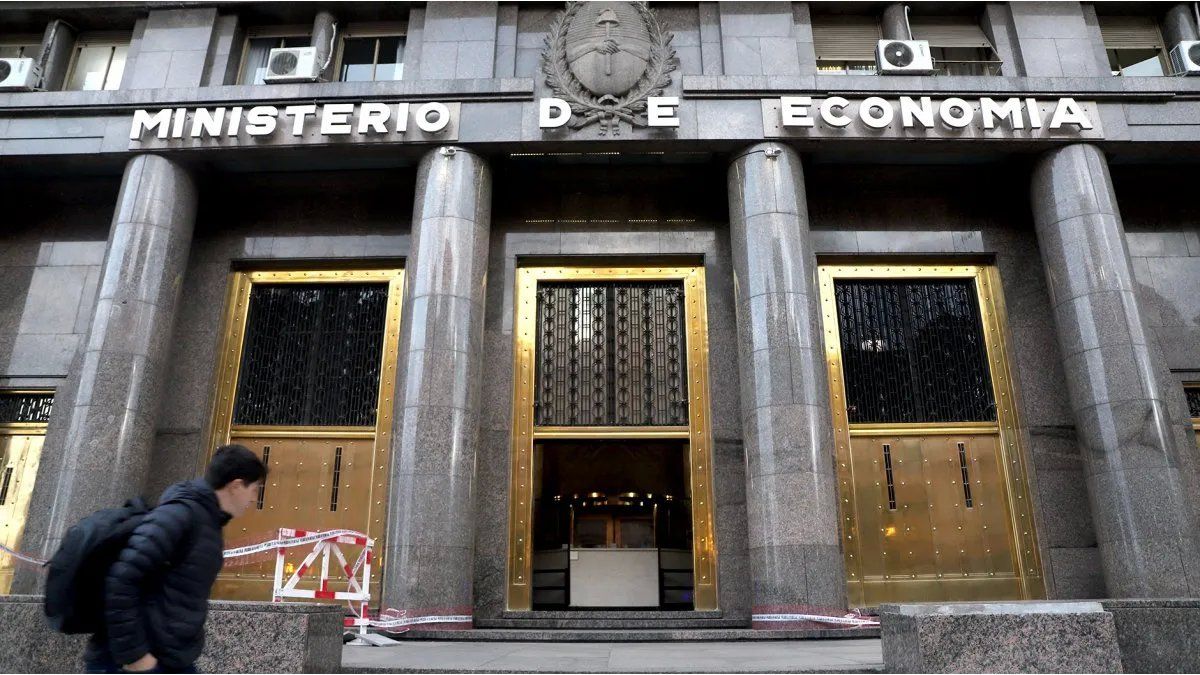One is fiscal sustainability, which has to do with the balance of the dynamics of income and expenditure of the Treasury. Although it is the dimension privileged by orthodoxy, it is usually approached from an accounting and cash perspective, abstracting from the temporal dynamics of the fiscal balance. Creative accounting, the postponement of payments, the sale of assets, the lack of a comprehensive tax reform that goes beyond the patches to collect something more, is part of this myopic and short-term view.
The second dimension is monetary sustainabilityassociated with fiscal matters and which has to do with the administration of the money supply, interest rates, as well as various mechanisms and policies to influence the demand for money and guarantee monetary balance.
From an orthodox perspective, it is enough to handle these two issues to achieve success in the inflationary fight, without the need to penalize the excesses of price makers, nor launch anathemas against prepaid companies or hold meetings of Secretaries of Commerce to ask for prudence, collaboration, cessation of promotions. , price agreements or freezes.
It is clear that necessity has the face of a heretic regardless of the cat’s coat, heterodox, orthodox, liberal, neoliberal or libertarian and policies, modalities, instruments and impostures appear that go beyond the proclaimed monetary and fiscal dimensions.
The third dimension is the financial issue and it has to do with the debt policy, management of net payments, exchanges, financial engineering aimed at strengthening or replacing the two preceding dimensions, particularly achieving “closing the cash” or achieving a financial surplus. When there is an abusive use of debt and financial engineering it is to achieve some bread for today at the expense of hunger tomorrow.
What lies beyond the “terra incognita” of these three dimensions for Orthodoxy?
The fourth dimension is the sustainable balance of the external sector. Here the current Government acts pragmatically by not committing the “serious mistake” of the beginning of the Cambiemos administration, temporarily maintaining the “stock” until the reserves are strengthened, in addition to avoiding going to an exchange float without the appropriate conditions to do so, which would cause a greater inflation and economic instability.
This is how import payments are administered and State officials “heretically administer” the dollar, without leaving the free play of supply and demand, “messing up the State” in the exchange market.
It is clear that this view of the fourth external dimension, although necessary at this stage, is “box” and underestimates a fifth central and essential dimension for the sustainable balance of the external sector: productive sustainability.
Only productive sustainability keeps us away from Diamand’s pendulum, external restriction by two alternative mechanisms: restriction caused by an increase in imports in a growth process or by a debt policy to temporarily cover the fiscal or external gap and which inevitably culminates in insolvency and default.
The historical experience of Argentina and the world is conclusive, as we saw in the columns of previous Sundays: Only a country that produces goods with added value, that strengthens its internal market, that has a country strategy with articulation of the State and the private sector, in The framework of federal and regional development can guarantee a balance between aggregate supply and aggregate demand, avoiding inflationary jumps or recessions that affect the fiscal result (due to loss of revenue) or the external balance (due to lack of competitiveness) that force to use and abuse monetary and financial mechanisms until the crisis is generated.
Only the health of the real economy determines genuine fiscal, monetary, financial and external sustainability.
The sixth dimension of sustainability is social. For a macro and productive strategy to be successful, it must promote social balance. Modern theoretical approaches determine that it is vital to solve the issue of poverty and inequality to achieve sustained growth. The central role of education, health and the care of public goods strengthen a competitive country. This requires not defunding universities or scientific research, improving physical infrastructure, promoting technological development and ensuring the care of human capital. Efficiency goes hand in hand with humanitarian values, far from being conflicting values, they are complementary elements of economic and social progress.
Even the World Bank publicly abjured the spillover theory. Today the world recognizes that well-implemented social justice is key to sustaining the economy in the long term beyond ethical considerations that would justify it in themselves.
Thus, a comprehensive economic plan is required that contemplates the fiscal, monetary, financial, exchange, productive and social dimensions.
Finally there is a seventh dimension. Both the voice of Caesar (IMF) and the voice of God (Pope Francis) try to collaborate with “the forces of heaven” to inspire the President to close the confrontation and the rift. Genesis speaks of a blessed seventh “day” where the “work” of creating “heaven” and “earth” ceases.
An economic plan, no matter how well conceived and consistent it may be, and for this we saw that it must contemplate the six dimensions explained above.cannot be successful without political sustainability that guarantees that all actors “bless” that is, provide political support and strengthen the institutional framework that gives the economic program effective applicability, consensus and durability. Only in this way can the “work” be successfully completed.
Only a political agreement allows us to guarantee stable rules of the game that are not a temporary imposition of circumstantial majorities that reverses another ruling party in power. Only this builds genuine credibility in an economic program that can be successful.
No political force can impose an extreme criterion imposed by force, “stretching the law with DNU”, or applying mechanisms of coercion and cooptation, forcing laws that do not resist the economic crisis, the change of social mood or a change of government. Partial truths must be integrated into a collective effort.
Only an agreement in good faith that balances the relationships of the Nation and provinces, articulates the state and the market, harmonizes capital and labor, reconciles freedom and justice, integrates conservative with change, promotes progress and solidarity Consensus can be achieved that allows predictability for long-term decisions and thus allows for sustained development.
It is time for a comprehensive approach to sustainability that not only allows for a sustainable economic plan that avoids recurring crises. It is necessary to restore the Social Contract of a society that allows us to escape from myopia and the confrontation of polarities that must be virtuously integrated into a collective construction of minimum consensus, beyond the respect and maintenance of diverse identities and legitimate dissent in order to rebuild the Nation. and achieve the happiness of the People.
Source: Ambito




